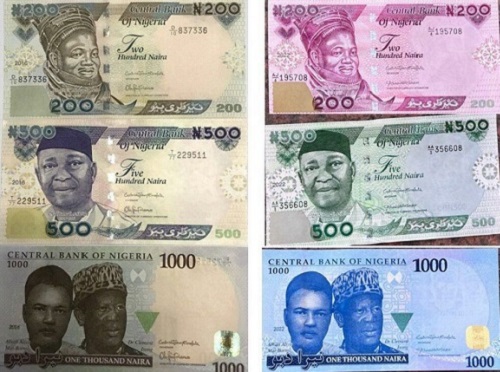OLUSEGUN ADENIYI FROM THISDAY
During his campaign for a second term in January 2019, President Muhammadu Buhari chose to rouse the Ibadan, Oyo State crowd with an unusual chant that has since gone viral. The All Progressives Congress (APC) slogan is ‘Change’ so when the president raised his fist and shouted the name of his party, the crowd responded appropriately. But apparently not satisfied with the response, Buhari decided to try something new. “APC…”, he chanted but before the crowd could respond, he added, “From top to bottom!” And for emphasis, the president repeated both the chant and response: “APC…from top to bottom.” By the third time, the crowd joined him in proclaiming “from top to bottom.”
Handlers later explained that the president meant his party would win all elective offices “from top to bottom”. But opposition politicians have since argued that Buhari meant he would take the country “from top to bottom”. Last September, Benue State Governor, Samuel Ortom, alluded to the video when his spokesman, Nathaniel Ikyur, said “They (APC) have kept their promise to take Nigeria from top to bottom. They have taken our country beneath the bottom.” And with barely ten weeks to the end of Buhari’s tenure, not a few Nigerians also believe that the president has indeed “fulfilled that pledge” made four years ago in Ibadan.
For those who share this school of thought, nothing demonstrates the “prophetic declaration” better than the Naira confiscation policy of the Central Bank of Nigeria (CBN) that has destroyed the lives and livelihoods of millions of Nigerians. The president not only owned the policy but defended it vigorously. On reflection, I fail to understand why, even when both the National Council of State and the Supreme Court offered face-saving opportunities for the president to change course last month, they were ignored. Whatever may have been the intended benefits of the policy (and I endorse the idea behind it), systemic inadequacies that make life difficult for the ordinary people should have compelled a rethink of its implementation. Despite public outcry, both the presidency and the CBN arrogantly carried on until the intervention by the apex court. Meanwhile, it was not lost on Nigerians of a certain generation that a similar policy implemented by Buhari as military Head of State four decades ago ended in disastrous consequences.
One of the charges against Buhari is that he cannot see beyond “northern interest”. But as I always argue in his defence, the president doesn’t even understand those interests. Otherwise, he would not have signed on to this policy that has almost rendered the entire northern region prostrate. Myopic (and sometimes insensitive) appointments of friends, associates, relations, and in-laws to ‘juicy’ positions without due regard for equity and diversity in a pluralistic state cannot substitute for targeted and strategic interventions that would give more meaning to the ordinary people in the north. A few weeks ago, I visited former Defence Minister, Alhaji Lawal Batagarawa (who also hails from Katsina State). He shared with me revealing anecdotes of the damage the Naira confiscation policy has done to most rural people in the North. If the president cared enough, he would have been aware of the agonies of people in most northern communities because of the policy.
On Monday the president practically threw the CBN Governor, Godwin Emefiele under the bus by saying the apex bank had no reason not to comply with a recent Supreme Court order on the pretext of waiting for his directives. According to his spokesman, Garba Shehu, the president never told the Attorney General of the Federation (AGF), Abubakar Malami and the CBN Governor to disobey any court order. Shortly after that presidential proclamation, the CBN released a statement that in deference to the Supreme Court judgement of 3rd March (which it had ignored) the old N200, N500 and N1000 notes would remain valid till 31st December 2023. But the damage has been done.
When the policy was first announced about six months ago, there were signals that the CBN ought to have picked up on, including those from unlikely quarters. Quite naturally, the World Bank endorsed the policy which ordinarily would promote transparency and accountability, especially in the management of public finances. But the Bank also warned that the short transition period may have negative impacts on economic activity for the poorest households. “International experience suggests that rapid demonetizations can generate significant short-term costs, with small-scale businesses, and poor and vulnerable households, potentially being particularly affected due to being liquidity-constrained and heavily reliant on day-to-day cash transactions,” according to the World Bank. “At present, households and firms already face elevated financial pressures from prolonged, high inflation, recently compounded by external food and fuel price shocks, and the severe floods, and phasing out existing naira notes over a short time period may add to their challenges.”



Connect with us on our socials: